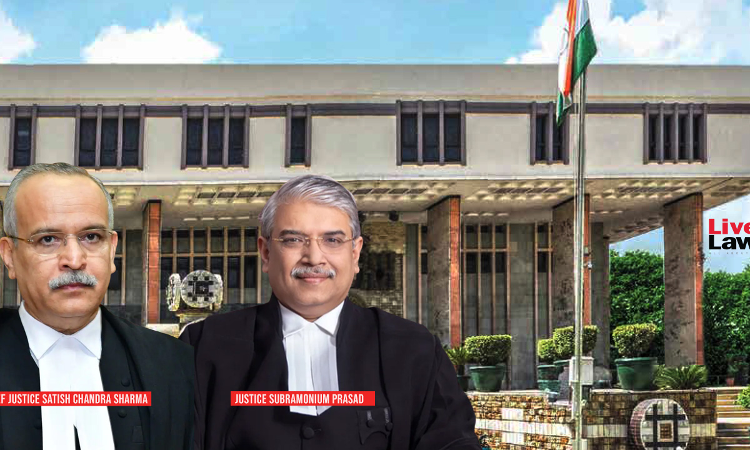Commercial Courts (Amendment) Act, 2018 Cannot Be Applied Retrospectively: Delhi High Court
Nupur Thapliyal
23 July 2022 10:06 AM IST

Next Story
23 July 2022 10:06 AM IST
The Delhi High Court has observed that the Commercial Courts (Amendment) Act, 2018 cannot be applied retrospectively. A division bench comprising of Chief Justice Satish Chandra Sharma and Justice Subramonium Prasad was of the view that it cannot be said that there is any lack of clarity or ambiguity in sec. 19 of the 2018 Amending Act which categorically states that its provisions will apply...
